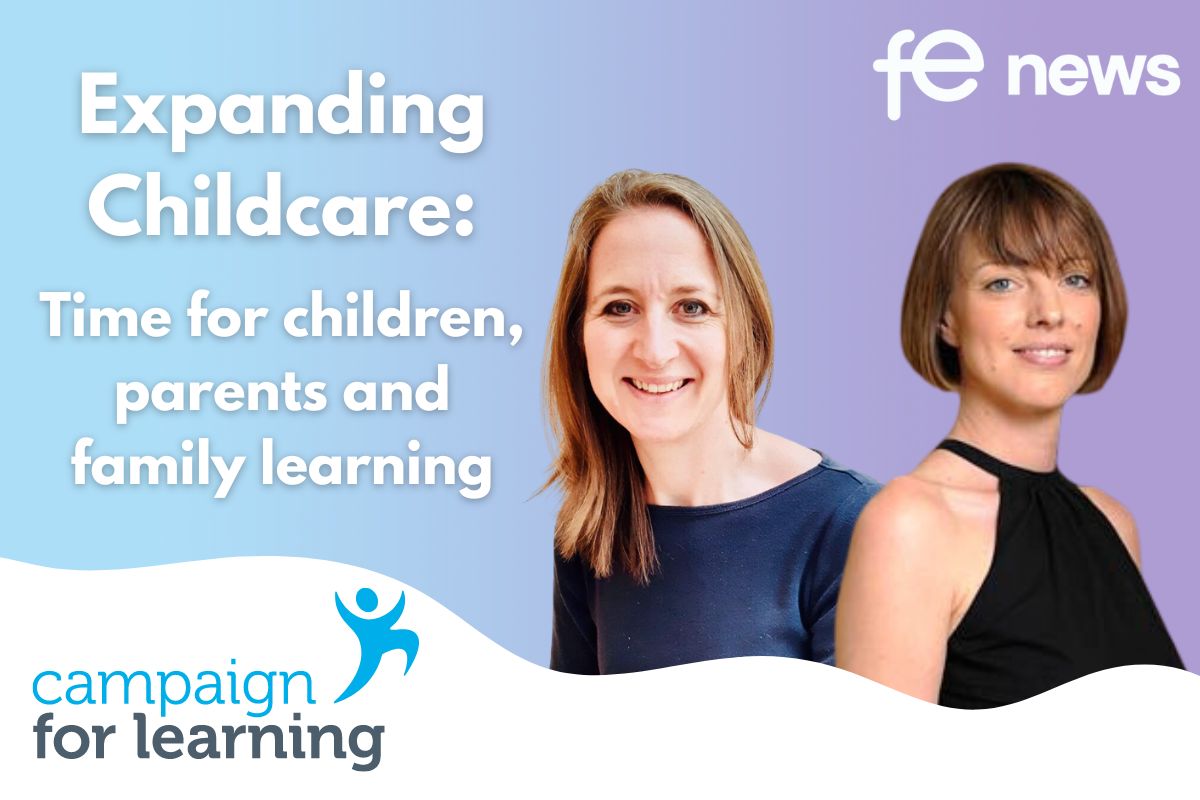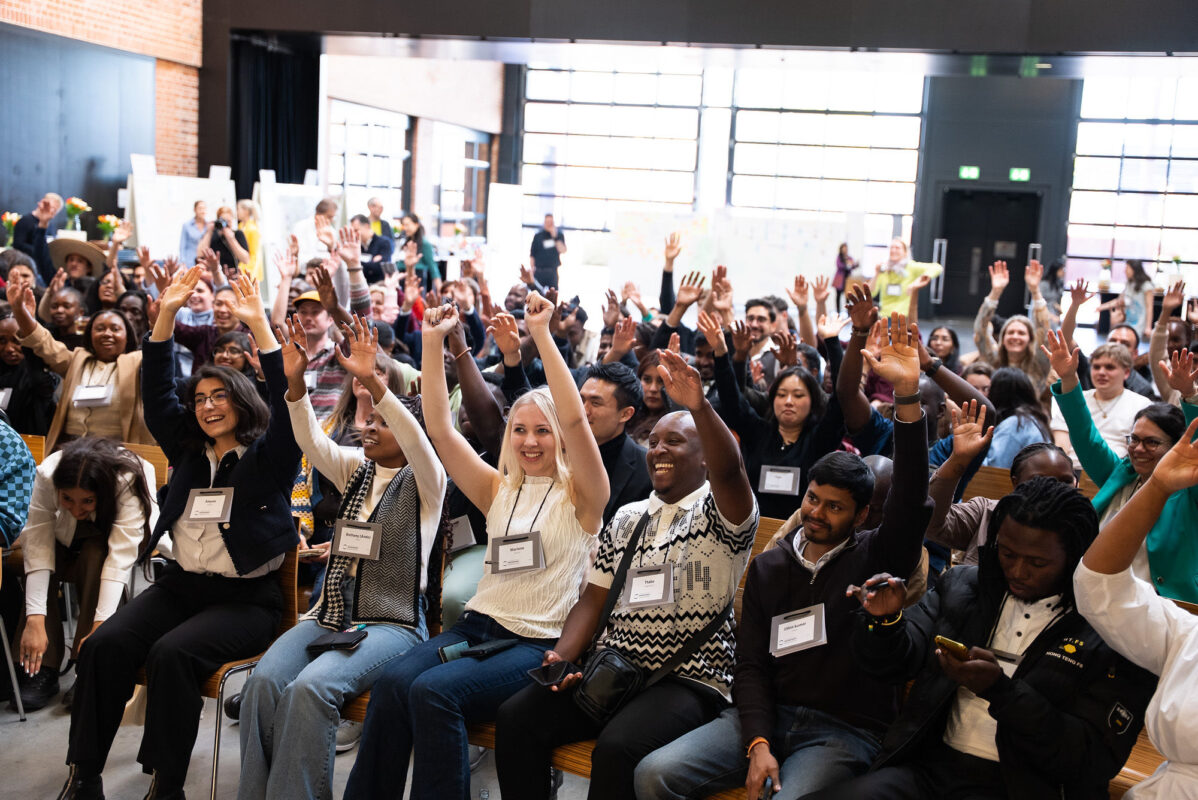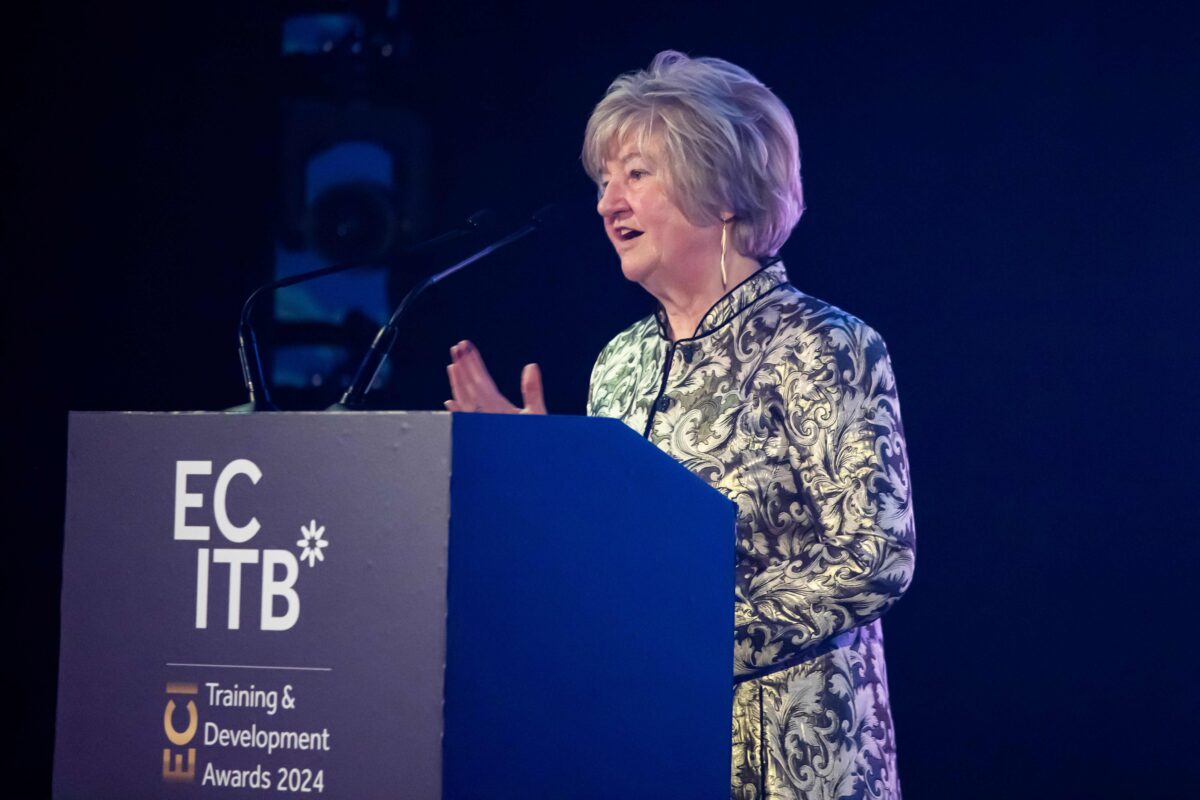Childcare, children’s development and education outcomes

Expanding Childcare: Time for children, parents and family learning
High quality early childhood education and care, both formal and informal, can have positive and long-term impacts on children’s outcomes. However, the quality of the care and parental engagement play a key role (Melhuish et al, 2020).
The Brain Story (Oxfordbrainstory) is a community-wide initiative that uses scientific understanding of the neuroscience of child development and its implication on lifelong physical and mental health to improve outcomes for children and adults in the future. The Brain Story uses a series of metaphors to help articulate a number of key concepts in an accessible way.
Brain architecture
Brain development starts in the moments after conception and the brain is not considered to be mature until the age of 24 years. The first 1001 days (from conception to age 2) is a time of rapid neural proliferation, with 1 million new neural connections formed every second. Babies’ experiences play a crucial role in developing new connections, influencing which connections are strengthened through repeated use, and which are ‘pruned away’ (National Science Council on the Developing Child, 2007).
Caring adults
Caring adults play a critical role in building children’s brains; in the same way that a house needs a sturdy foundation, building strong brain architecture through positive experiences will support children’s future development and outcomes.
Despite scientific research consistently highlighting the importance of children’s early experiences for longer term cognitive, behavioural, social and emotional outcomes, these key public health messages are not well established within the wider community. It is essential that all professionals and caregivers understand the vital role they play in promoting children’s development from birth through to adulthood.
Building strong brain architecture: serve and return
A baby is primed for social interactions from birth; caregivers and educators play an important role in noticing their cues and responding positively in a timely, appropriate way (Eshel et Al, 2006).
The metaphor for this contingent responsiveness has been framed as a game of bat and ball: serve and return. The ball represents communication, this includes both verbal and non-verbal communication: eye contact; facial expressions; touch; telling stories; rhymes; playing simple games such as peek-a-boo. The child serves by showing that they are interested in something, this could be through their gestures or vocalisations, and then the adult returns with a positive response; this increases the interest and excitement of the child so they are keen to repeat the activity.
This sensitive pattern of attuned interaction between an adult and a child promotes neural development; serve and return continues as the child grows through shared activities that reflect their developing skills.
Executive functioning skills: Air traffic control
Robust and sturdy brain architecture supports the development of children’s social and emotional skills, including self-regulation and executive functioning (Center on the Developing Child, Harvard University, 2011). Childhood executive functioning skills predict academic achievement at age 16 years (Pearson et al, 2016).
Executive functioning refers to a range of skills which include working memory, mental flexibility, balancing multiple demands and self-control. For example, remembering to follow rules, listen to their caregiver or nursery practitioner and completing the task requested. These skills are interconnected and cannot develop in isolation from each other.
Working memory governs our ability to retain and manipulate distinct pieces of information over short periods of time. Mental flexibility helps us to sustain or shift attention in response to different demands or to apply different rules in different settings. Self-control enables us to regulate our emotions, set priorities, and resist impulsive actions or responses. The Brain Story likens executive functioning to the ‘air traffic control’ tower at a busy airport; we are all our own ‘air traffic controller’, directing and managing the take-off and landing of aircraft on multiple runways, making sure that none crash or run out of fuel.
These skills need to be learned throughout childhood and adolescence, with everyday games and activities providing opportunities to develop and strengthen these skills (for example, songs with actions, memory games, Simon Says, or sport).
Importantly, these skills are much harder to acquire when children are living in chaotic, threatening or unpredictable environments. Adults can encourage air traffic control skills by establishing routines, modelling social behaviour, and creating and maintaining supportive, reliable relationships.
Recommendation 1
Financial investment should be targeted at services supporting children and their families during the early years. Collaboration across professional silos and services will facilitate a joined-up approach to ensure children are supported to maximise their potential.
Recommendation 2
Embedding a community-wide understanding of the importance of the early years for life-long health will ensure that services are configured and delivered in line with current scientific knowledge about what matters and why. Children’s education curriculum and the professional training of educators should include the science of brain development.
Recommendation 3
Using the Brain Story to communicate the key principles of the neuroscience underpinning development will empower parents, caregivers and professionals in understanding the vital role they play in children’s long term cognitive, behavioural and emotional outcomes. For example, early care and education programmes should focus on developing and supporting executive function (air traffic control) skills.
By Professor Elizabeth Rapa and Professor Louise Dalton, University of Oxford
Campaign for Learning has released a new series of articles, Expanding Childcare: Time for children, parents and family learning.
See below when each article will be published on FE News:
Part One: Childcare the welfare state – 20th July
1. Will Snell, Chief Executive, The Fairness Foundation
Childcare and a new social contract
2. Anneka Dawson, Head of Pre-16 Education, Ceri Williams, Senior Research Fellow, and Alexandra Nancarrow, Research Fellow, Institute for Employment Studies
The childcare sector: Providers and the workforce in England
Part Two: Childcare and time for work – 21st July
3. Paul Bivand, Independent Policy Analyst
Women, employment and childcare
4. James Cockett, Labour Market Economist and Claire McCartney, Policy Adviser, Resourcing and Inclusion, CIPD
The planned childcare entitlements and progression into work
5. Jane van Zyl, Chief Executive, Working Families
Combining flexible working and childcare to solve the childcare crisis
Part Three: Childcare and time for child development – 24th July
6. Janeen Hayat, Director of Collective Action, Fair Education Alliance
Improving childcare quality to support educational outcomes
7. Megan Jarvie, Head of Coram Family and Childcare
Making a step change to child development through childcare
8. Professor Elizabeth Rapa and Professor Louise Dalton, University of Oxford
Childcare, children’s development and education outcomes
Part Four: Childcare and time for parental engagement – 25th July
9. Lee Elliot Major, Professor of Social Mobility, University of Exeter
The childcare revolution: A new opportunity for parental partnerships in child learning
10. Bea Stevenson, Head of Education, Family Links the Centre for Emotional Health
Childcare and parental engagement in child learning
Part Five: Childcare and time for adult skills – 26th July
11. Simon Ashworth, Policy Director, AELP
The new childcare entitlements and skills bootcamps
12. Sharon Cousins, Vice Principal, Newham College and National Association for Managers of Student Services Executive
The new childcare entitlements and access to further education
13. Susan Pember, Policy Director, HOLEX
A thriving society means linking the new childcare entitlements to adult learning
Part Six: Childcare and time for family learning –
27th July
14. Sam Freedman, Senior Fellow, Institute for Government
The childcare revolution and family learning
15. Susan Doherty, Development Officer – Family Learning, Education Scotland
Family learning and childcare: Lessons from Scotland
28th July
16. Susannah Chambers, Independent Consultant
Bringing childcare and family learning together
17. Henriett Toth, Parent
Family learning and childcare: A personal experience












Responses